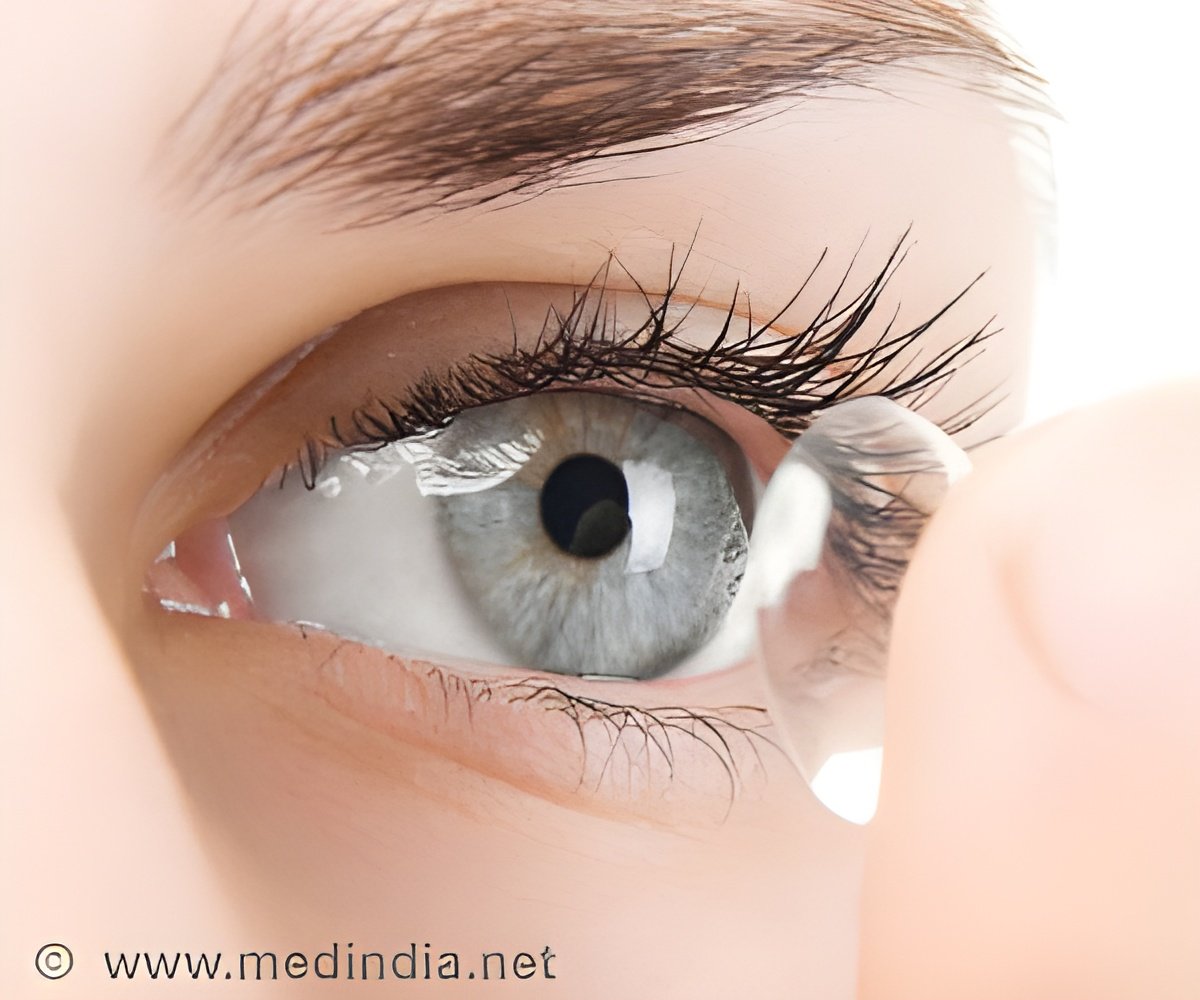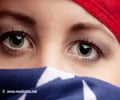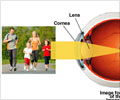Contact lenses remain a perfectly acceptable form of vision correction during the coronavirus pandemic, as long as people observe good hand hygiene and follow appropriate wear-and-care directions, said study.

‘No scientific evidence supports rumors that everyday eyeglasses / spectacles offer protection against COVID-19.’





"Our findings indicate that contact lenses remain a perfectly acceptable form of vision correction during the coronavirus pandemic, as long as people observe good hand hygiene and follow appropriate wear-and-care directions," said Dr. Lyndon Jones, director of the Centre for Ocular Research & Education (CORE) at the University of Waterloo and the paper's lead author. "Unfortunately, we have seen a number of erroneous reports regarding contact lenses and spectacles in recent days. Our goal is to make sure that science-backed truths are understood and shared, helping eye care practitioners provide accurate, timely counsel to patients."
Based on the paper, CORE has developed five facts (also available as a downloadable infographic) for ECPs to share with anyone who relies on contact lenses or glasses / spectacles:
1. People Can Keep Wearing Contact Lenses. There is currently no scientific evidence that contact lens wearers have an increased risk of contracting COVID-19 compared with glasses / spectacles wearers. Patients should consult their eye care practitioners with questions.
2. Good Hygiene Habits are Critical. Thorough handwashing and drying are essential, as well as properly wearing and caring for contact lenses, ensuring good contact lens case hygiene, and regularly cleaning glasses / spectacles with soap and water. These habits will help wearers stay healthy and out of their doctor's office or hospital, thereby minimizing impacts on the wider healthcare system.
Advertisement
4. Keep Unwashed Hands Away from the Face. Whether people wear contact lenses, glasses / spectacles or require no vision correction at all, individuals should avoid touching their nose, mouth and eyes with unwashed hands, consistent with World Health Organization (WHO) and U.S. Centers for Disease Control and Prevention (CDC) recommendations.
Advertisement
On April 8, the CDC issued updated guidance on contact lens wear during the COVID-19 pandemic, further supporting key findings from the Contact Lens & Anterior Eye paper. The CDC additionally points out that personal eyeglasses and contact lenses do not qualify as personal protective equipment (PPE).
The Contact Lens & Anterior Eye paper also reviews why management of adverse events should be retained within optometric systems, offers guidance on sleeping in contact lenses, considers wearing modalities and lens materials, and offers areas for further study.
Source-Eurekalert















